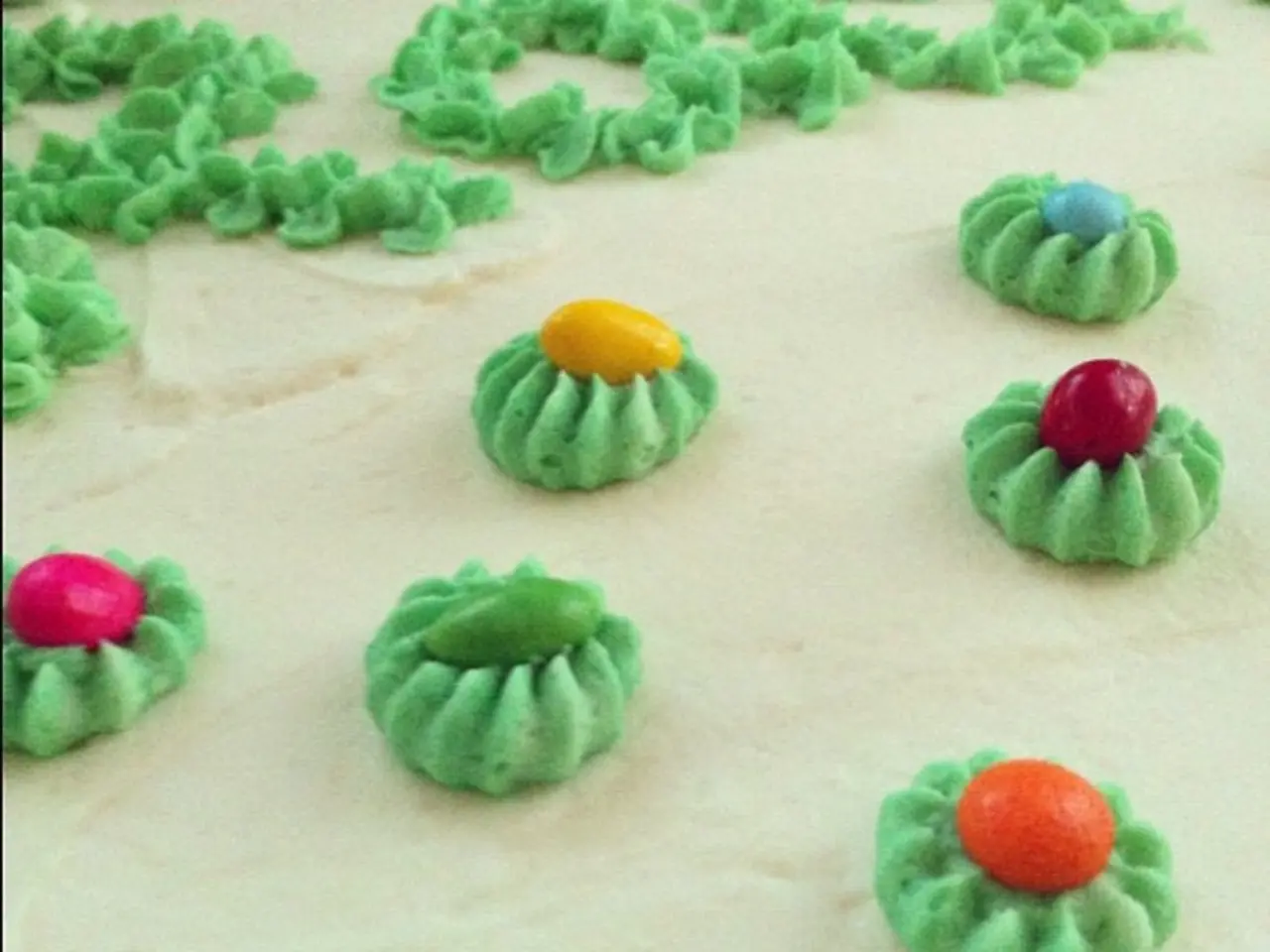6 simple solutions for uncomfortable scalp itchiness
An itchy scalp can be a nuisance, but understanding its causes and potential treatments can provide much-needed relief. This article explores various factors that contribute to an itchy scalp, as well as natural home remedies and over-the-counter (OTC) shampoos that can help alleviate the problem.
Dandruff, characterised by a dry, itchy scalp, is one common cause of scalp itch. A 2024 review found small studies suggesting that lemongrass oil may be an effective treatment for dandruff, although the overall quality of the reports remains low [1]. Selenium sulfide and zinc pyrithione are ingredients in antidandruff shampoos that slow the death of skin cells, preventing flake buildup on the scalp, and reduce Malassezia, a yeast that can cause dandruff [2]. Salicylic acid, a common ingredient in antidandruff and psoriasis shampoos, softens areas of thick and hardened skin, allowing it to come off the scalp more easily [3].
Reactions to hair products, infrequent hair washing, sensitive scalp, and other skin conditions like dandruff or psoriasis can also cause scalp itch. About 25% of people have scalps that react with persistent itching, pain, or tingling to external triggers, which may be accompanied by hair loss [4]. Detergents like Sodium lauryl sulphate (SLS) in many shampoos can irritate the scalp [5].
People can often find relief from scalp itch using natural home remedies, but persistent itchiness may require OTC shampoos containing antifungal agents. Common natural home treatments for an itchy scalp involve both topical remedies and lifestyle adjustments. Coconut oil and tea tree oil have antimicrobial and anti-inflammatory properties that help reduce itching and dandruff [6]. Aloe vera soothes irritated skin and moisturizes the scalp to relieve dryness and itch [6]. Apple cider vinegar helps balance scalp pH and reduce fungal growth [6]. Curd (yogurt), lemon juice, baking soda, and colloidal oatmeal can help cleanse the scalp, reduce itchiness, and control flakes [6]. Using natural shampoos free from harsh chemicals and SLS can aid in cleansing and soothing the scalp while reducing itchiness [7].
A nutrient-rich diet with vitamins, minerals, and hydration supports scalp health and can reduce dryness and itching naturally; flax seeds are noted for their anti-inflammatory benefits [8]. Homeopathic remedies such as Thuja and Natrum Muriaticum may help by addressing the root cause and restoring scalp balance safely and gently [8].
If scalp itch persists or worsens despite home treatment, it is essential to consult a doctor. A doctor will help identify the underlying cause of scalp itch and may prescribe medications to treat symptoms. Allergies to shampoo ingredients, hives, head lice, scabies, scalp ringworm, atopic dermatitis, nerve problems, skin cancer, and eczema are possible causes of an itchy scalp [9]. Topical dermatitis, a type of eczema, is another common cause of scalp itch [9]. Products containing colloidal oatmeal repair skin barrier breaks from eczema, reducing their itchiness [10].
In summary, understanding the underlying cause—whether product reaction, scalp condition, or hygiene—is essential for effective treatment. Natural remedies like oils, aloe vera, and mild, chemical-free shampoos combined with proper scalp care can provide relief and promote scalp health [4][6][7][8].
- A common cause of an itchy scalp is dandruff, characterized by a dry, irritated scalp.
- Lemongrass oil, a potential treatment for dandruff, may offer relief, although the quality of studies is low.
- Selenium sulfide and zinc pyrithione, found in antidandruff shampoos, slow the death of skin cells and reduce Malassezia, a yeast that can cause dandruff.
- Salicylic acid, common in antidandruff and psoriasis shampoos, softens thick and hardened skin, facilitating its removal from the scalp.
- Reactions to hair products, infrequent washing, or a sensitive scalp can also cause itchiness, as can other skin conditions like dandruff or psoriasis.
- Coconut oil and tea tree oil, with their antimicrobial and anti-inflammatory properties, can help reduce itching and dandruff.
- Aloe vera soothes irritated skin and moisturizes the scalp to relieve dryness and itch.
- Apple cider vinegar helps balance the scalp's pH and reduces fungal growth.
- Curd (yogurt), lemon juice, baking soda, and colloidal oatmeal can cleanse the scalp, lessen itchiness, and control flakes.
- Using natural shampoos without harsh chemicals and SLS can help cleanse and soothe the scalp while reducing itchiness.
- A nutrient-rich diet, rich in vitamins, minerals, and hydration, supports scalp health and can naturally reduce dryness and itching.
- If an itchy scalp persists or worsens despite home treatment, consulting a doctor is essential to identify the underlying cause, which could be an allergic reaction, hives, head lice, scabies, scalp ringworm, atopic dermatitis, nerve problems, skin cancer, or eczema.




